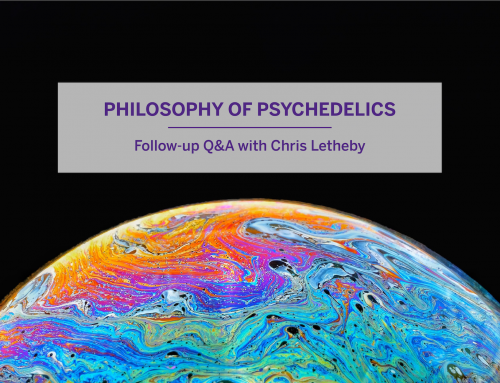Peter Achinstein of Johns Hopkins University is visiting the Rotman Institute next week, and will give two talks. His talk on Thursday, November 13 will engage with the history and philosophy of science, and his public talk on November 14 will be aimed at a more public audience (but also of interest to philosophers).
What is a Theory of Everything and why should we want one?
Friday, November 14, 2014 3:30pm-5:00pm EST
Chu International Centre, Western Student Services Building (WSS) 2130
Western University
Abstract: Scientists and philosophers who seek, or advocate seeking, a “theory of everything” (e.g., string theory, Thomas Nagel’s panpsychic theory, David Chalmers’ “construction of the world”) want to produce a grand, unifying theory that can explain everything on the basis of fundamental laws and constituents of the universe. Advocates of this idea offer very general empirical, or a priori, or methodological reasons for doing so. These reasons are worth examining and criticizing.
Can’t make it? The public lecture will be livestreamed.
Philosophical talk:
Who Needs Proof? James Clerk Maxwell on Scientific Method
Thursday, November 13 at 3:30pm
Stevenson Hall Room 1140
Western University
This talk will not be livestreamed, but will be available on our YouTube channel afterward.
Abstract: Isaac Newton famously claimed that hypotheses, i.e., unproved propositions, have no place in “experimental philosophy.” Maxwell disagreed and proposed three methods that can legitmately be employed when a scientist lacks proof for a theory, or even a theory to be proved. What are these methods, and are they legitimate?






